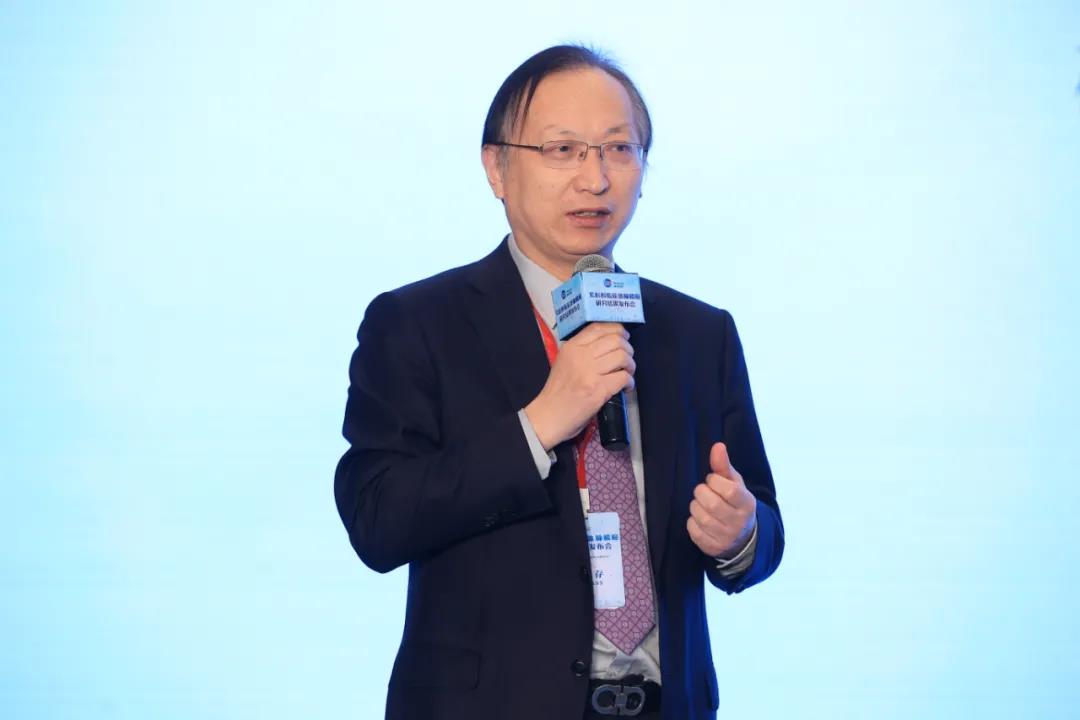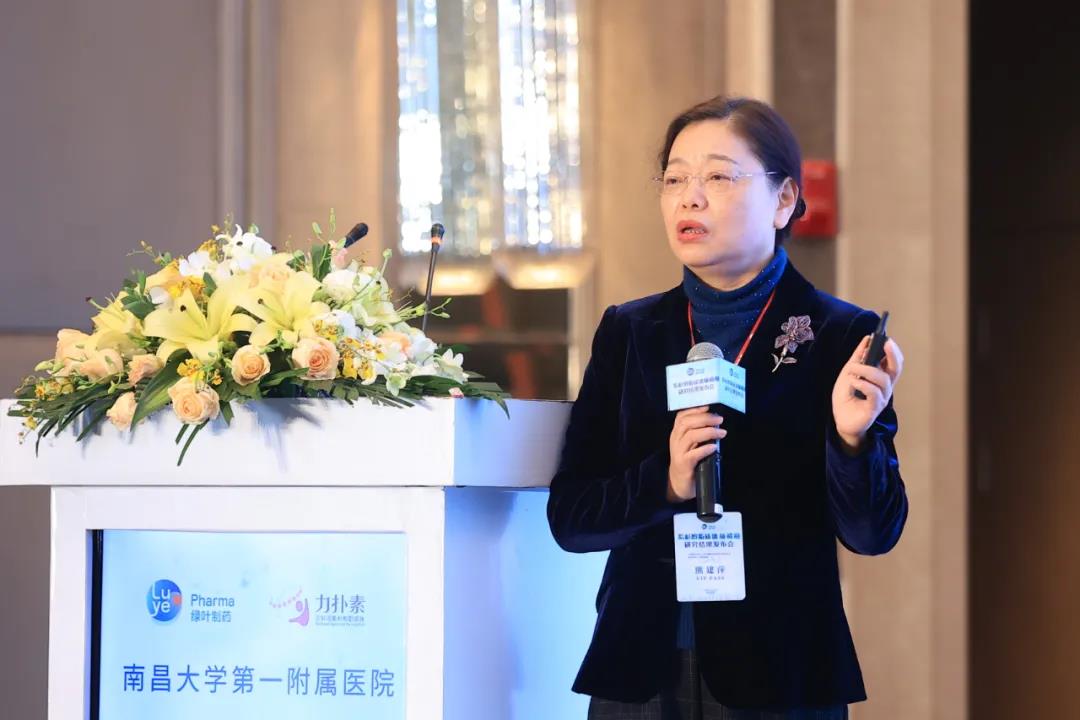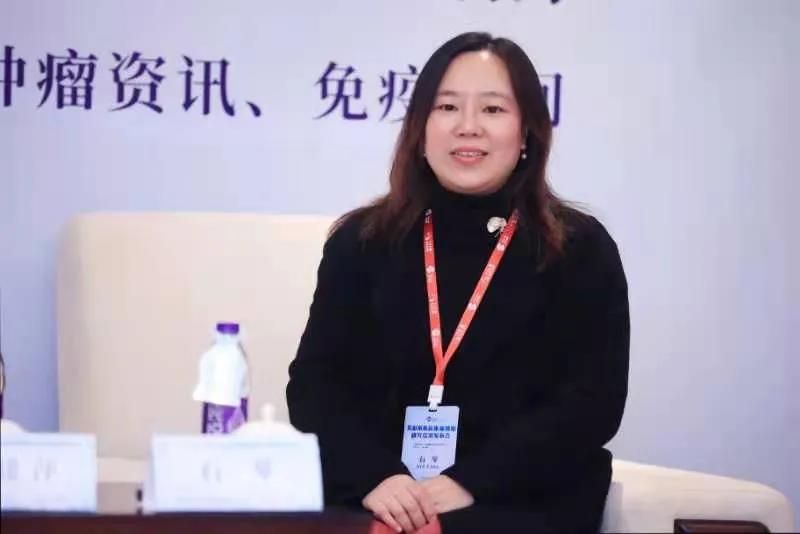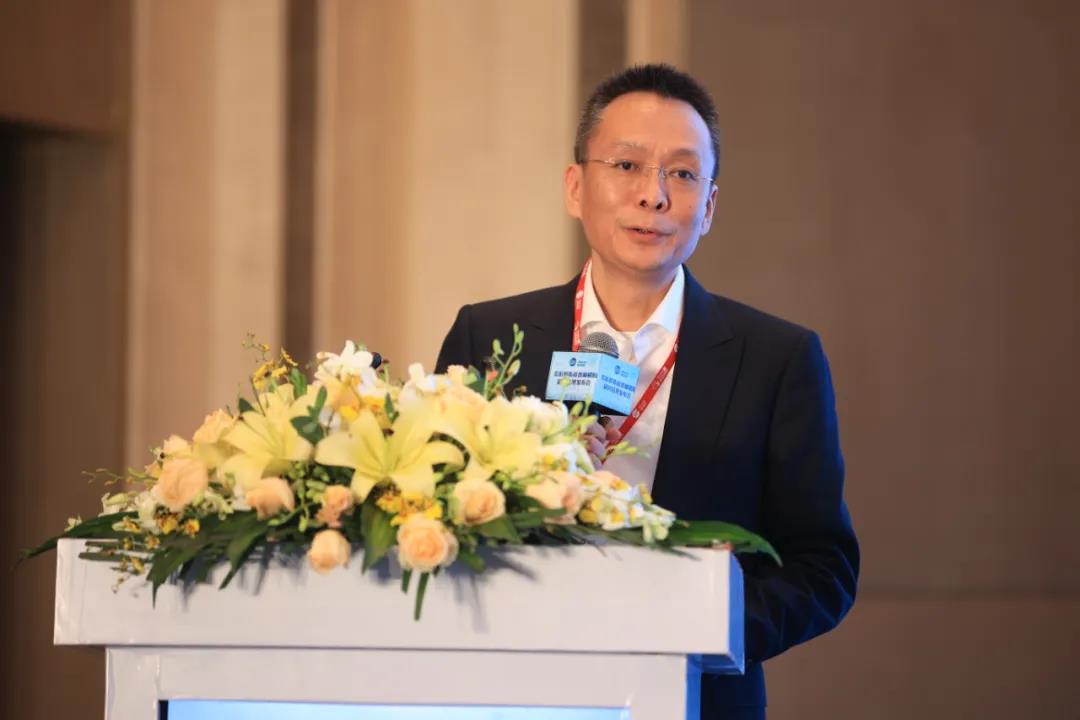
Lung cancer is the malignancy with the highest morbidity and mortality worldwide. As one of the common histological types of Non-Small-Cell Lung Cancer (NSCLC), the treatment of advanced squamous cell lung carcinoma still faces great challenges. The emergence of new treatment methods like targeted therapy and immunotherapy represents a milestone in the field of oncology. However, how to choose the appropriate drugs for immunotherapy, how to design a chemotherapy regimen with better efficacy and lower toxicity still remain to be unsolved questions for the treatment of squamous cell lung carcinoma.
The results of a clinical study (LIPUSU) of paclitaxel liposome combined with cisplatin versus gemcitabine combined with cisplatin in the first-line treatment of advanced squamous cell lung carcinoma has been released recently. The study lasted for over three years, which is led by Shanghai Pulmonary Hospital, and participated by Professor Zhou Caicun and investigators from 35 centers. The study has provided guidance to clinical medication for the treatment of advanced squamous cell lung carcinoma. The press conference of LIPUSU research result was held on December 13, 2020 in Suzhou.

01. Safety is the Priority for the Treatment of Advanced Squamous Cell Lung Carcinoma
The full name of Project LIPUSU is “A multicenter, randomized, open, parallel controlled clinical study of paclitaxel liposome for injection combined with cisplatin versus gemcitabine combined with cisplatin in the first-line treatment of advanced squamous cell lung carcinoma”. The study started from November 2016 to December 2019, targeting 540 phase IIIB-IV squamous cell lung carcinoma patients with a PS score from 0-1. Patients are assigned to different groups using central randomized method: liposome paclitaxel + cisplatin (Group LP, n=268) and gemcitabine + cisplatin (Group GP, n=272), with a dosing regimen of once every three weeks, and administer the drug for 4-6 cycles.
The results have shown equivalent efficacy between Group LP and Group GP for the first-line treatment of advanced squamous cell lung carcinoma. Group LP is 2.1 months longer than Group GP in terms of OS (14.6m vs 12.5m); PFS results for the two groups are 5.2m and 5.5m respectively (p>0.05); no significant differences are observed in terms of ORR (objective response rate) and DCR (p>0.05). As assessed by the independent committee, the best response ORR in both groups (investigator assessment vs. independent assessment) were consistent. In terms of safety, all adverse events (except alopecia) were significantly lower in the LP group (≥ 30%) than in the GP group (p < 0.01). More level 3-5 adverse events were occurred in Group GP, in terms of the percentage of level 3-5 anemia (31.2% vs. 14.3%, P<0.0001) and thrombocytopenia (14.1% vs. 1.5%, P<0.0001), group GP is higher than group LP. Moreover, group LP is much lower than group GP in terms of adverse events, response suspension and termination of medication.

Professor Zhou Caicun
As stated by Professor Zhou Caicun from Shanghai Pulmonary Hospital:
” Safety issue is the priority for all types of treatment. The purpose of medication treatment is to enable patients with prolonged and quality survival time, so that they can live longer with dignity. Clinical physicians should give priority with treatment plan with lower toxicity, less side effects, and better effect. Patients are able to prolong survival time and improve life quality in the meantime.
02. The Combination of Chemotherapy and Immunotherapy Shows Better Effect
In terms of overall management, the treatment for squamous cell lung carcinoma still needs chemotherapy. Due to low expression of PD-L1, few patients with squamous cell lung carcinoma can benefit from immune monotherapy. Chemotherapy combined with immunotherapy can have better curative effect.
Paclitaxel liposome has been included in the 2019/2020 CSCO Primary Lung Cancer Treatment Guidelines as a first-line treatment. The combination of paclitaxel liposome and cisplatin or carboplatin is regarded as the first-line option for the treatment of squamous cell lung carcinoma.

Professor Xiong Jianping
Professor Xiong Jianping from the First Affiliated Hospital of Nanchang University has mentioned during her presentation of research progress:
“Doctors need to find a balance between therapeutic effect and side effects for each patient. Paclitaxel liposome is regarded as an ideal option for the treatment of squamous cell lung carcinoma due to its unique mechanism of actions. It can target the concentration of tumor tissues and lymph nodes through the effect of high permeability and long retention. It has little effect on normal lymphocytes, low toxicity, and less side effects. The combination of paclitaxel and immunotherapy bring greater benefit to patients.”
03. Convenient Administration and Better Compliance
Another study on the comparison of different treatment options has shown that, paclitaxel liposome + cisplatin is easier to administrate compared with paclitaxel albumin and gemcitabine. Paclitaxel liposome has convenient administration and better compliance with one administration per cycle (21 days).
In fact, treatment methods for advanced squamous cell lung carcinoma are quite limited at the moment. Therefore, comprehensive treatment strategy is essential to squamous carcinoma patients. Doctors should choose appropriate drug combination to enhance safety and compliance based on each patient especially with chemotherapy, so that they can maximize patient benefits.

Professor Shi Qin
Professor Shi Qin from Fuzhou Pulmonary Hospital of Fujian said:
“Paclitaxel liposome is included in the treatment plan for squamous cell lung cancer with clear therapeutic effect and better safety. Project LIPUSU will provide optimized chemotherapy plan for Chinese patients".
Project LIPUSU has long follow-up period, wide range of study subjects, rigorous design, systematic database. The study has further strengthened the position of paclitaxel + cisplatin as the first-line treatment for squamous cell lung cancer, and complemented the gap between China and other countries in this filed.

Mr. Xie Wenmin, President of Luye Pharma (China)
Mr. Xie Wenmin, President of Luye Pharma (China) said:
“We are glad to see the release of this research can bring valuable guidance to doctors in clinical practice. We are hoping to improve treatment experience for squamous cell lung carcinoma patients in China with better effect, this is the responsibility of pharmaceutical company like Luye Pharma.
Chemotherapy remains to be the cornerstone of oncology treatment in the age of precision medicine. The combination of different therapies, including chemotherapy, targeted therapy, immunotherapy, radiotherapy or even surgeries, along with multidisciplinary collaboration will further improve the treatment of squamous cell lung carcinoma and benefit more patients.

